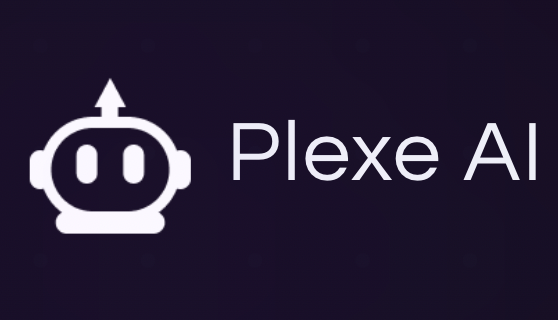Plexe AI is a bold new entrant in the machine learning space. Launched by co-founders , Plexe AI aims to revolutionize how businesses build and deploy machine learning models by letting them do so from natural language instructions.
Backed by Y Combinator, Plexe’s mission is clear: eliminate the convoluted workflows that often doom ML projects before they begin.
Plexe addresses a familiar pain point in enterprise ML long, complex development cycles that stall due to data preparation, experimentation delays, and deployment bottlenecks. The founders have seen teams spend years and millions of dollars building models that never reached production. Dubey, who previously worked at Proofpoint and Expedia, brings a wealth of enterprise AI experience, while Bernardi, formerly of AWS and an Oxford alumnus, complements Dubey with his deep technical knowledge.
READ: Document extraction startup Reducto raises $24.5 million in funding (April 29, 2025)
Their answer is a multi-agent ML engineering system that autonomously connects to data sources, identifies relevant fields, generates code, refines it through self-correction, and deploys performant models over an API—all without requiring ML expertise from users. “Think of it like your own ML helper helping you go from idea to deployed models 10x faster,” said the founders, positioning Plexe as a force-multiplier for both technical and non-technical teams.
Unlike other “automated” ML platforms that still require teams of data scientists, Plexe operates end-to-end. From understanding user intent to deploying models via API endpoints, the system self-corrects and iteratively improves its performance. Plexe currently offers two integration paths: an open-source Python library for developers and data scientists who want granular control, and a managed platform with a user-friendly UI and REST API ideal for product teams and enterprises. Both routes promise production-ready ML pipelines within minutes.
READ: OpenAI in the talks to buy Windsurf for $3 billion (April 17, 2025)
Plexe’s early results are promising. Benchmark experiments on 20 OpenML datasets show the platform delivers competitive or superior accuracy with significantly lower compute demands. A recent blog post by the Plexe team noted, “All best solutions were found well within the 1-hour limit, with 75% finishing in under 30 minutes,” outperforming major AutoML frameworks like AutoGluon and H2O.
Beyond traditional benchmarks, Plexe is already making waves in real-world applications. Matchmaking startup Flutrr has partnered with Plexe to build emotionally intelligent recommendation models that understand vernacular cues across eight Indian languages an ambitious step toward culturally nuanced, AI-driven matchmaking.
The founders have built Plexe with openness in mind. “If you are an individual who believes that the future of ML development is autonomous and open source, check out our agent,” the team shared.






